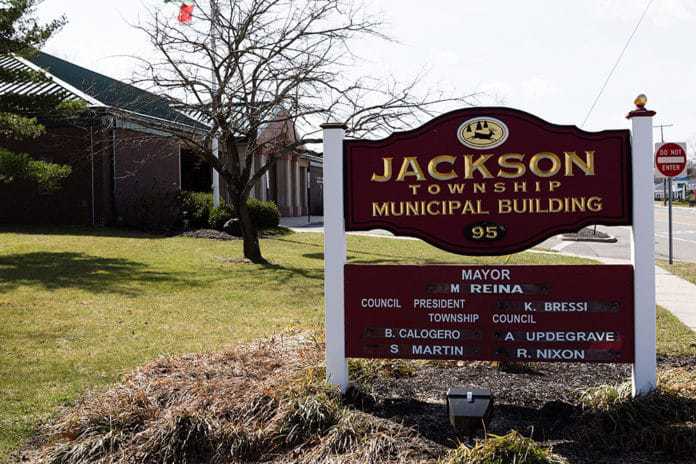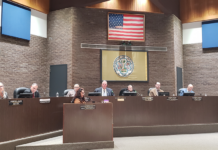
JACKSON – Council members voted during its regular meeting on Feb. 13 to settle litigation involving a public records complaint filed by a resident.
The Steven Wronko vs. Jackson Township settlement concludes more than a year-long saga that Council Vice President Robert Nixon said involved a request for public records and Township Clerk Ann Marie Eden in her role as city clerk and custodian of records for the Township of Jackson.
Nixon, who voted no to the resolution authorizing the settlement agreement, defended Eden. “Our clerk did her job. She asked the person for more information.” He said a complaint had been filed of an Open Public Records Act (OPRA) violation and that the township won the case in trial court but lost it more recently in the appellate court.
“I have concerns about a decision like this. She asked him to specify what he was looking for. Our clerk was not trying to deny the person the information,” Nixon said.
The settlement will have the township covering $30,000 in legal fees according to Councilman Scott Martin who voted for the measure along with Council President Kenneth J. Bressi.
 Martin said that while he concurred with Nixon on what had happened, “the litigation could have reached a six figure level and we are trying to avoid that.”
Martin said that while he concurred with Nixon on what had happened, “the litigation could have reached a six figure level and we are trying to avoid that.”
Councilwoman Ann M. Updegrave and Councilman Barry Calogero were absent at the night’s session, thus the decision came to a vote of three with two votes to one in favor of the settlement.
Attorney Robin La Bue, who was present at the meeting as the township’s legal representative, said the case went to trial court in January of 2017 and later went to appeal where the township lost.
La Bue had argued the case for the township while American Civil Liberties Union of New Jersey Foundation attorney Jeanne LoCicero argued for the plantiff.
Wronko maintained during the appeal process that his request was sufficiently clear and not overly broad. According to court documents Wronko maintained that the judge in the original case erred by concluding the request might result in production of a large amount of documents.
While blanket requests for unspecified documents are not proper under OPRA, the request must identify with reasonable clarity those documents that are desired, and a party cannot satisfy this requirement by simply requesting all of an agency’s documents, according to the case summary.
It was noted that “these permissible requests did not require a custodian to exercise discretion, survey employees, or conduct research; rather, the responsive records were self-evident.”
According to court documents the plaintiff’s OPRA request complied with the statute and governing case law. The appellate division case was decided on December 12, 2017.





